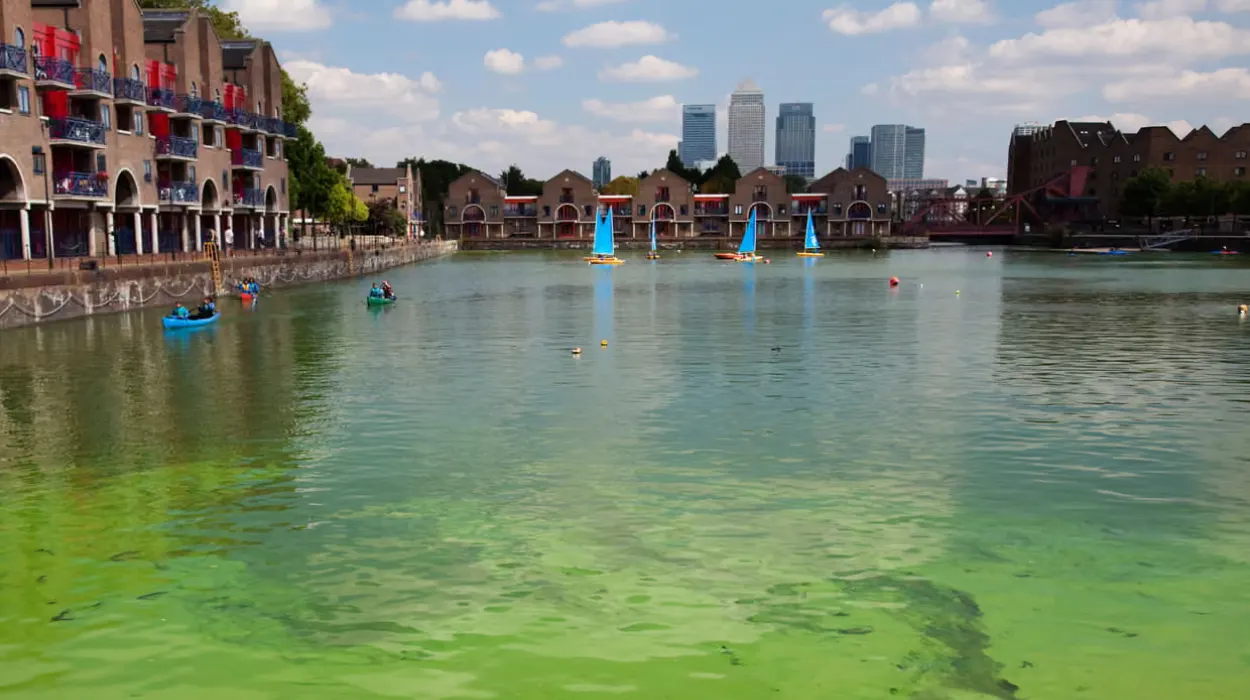UK (Parliament Politics Magazine) – Steve Reed promised a crackdown on all sources of water pollution as new data shows a 60% rise in serious incidents and pressure mounts on water firms.
As reported by The Guardian, the government has vowed to tackle widespread water pollution across England and Wales ahead of a major industry report on Monday.
Sir Jon Cunliffe, a former Deputy Governor of the Bank of England, has led a review of the water sector. It is expected to call for Ofwat to be scrapped.
How will Steve Reed tackle all sources of water pollution?
Environment Secretary Steve Reed has pledged to address all sources of water pollution. Alongside sewage spills, he says agricultural and road runoff are seriously harming rivers.
Mr Reed will appear on Sunday’s political programmes to speak for the government. This comes as the latest figures show a 60% rise in serious pollution cases in 2024 compared to the previous year.
He said,
“Pollution from sewage, agriculture and vehicles is poisoning our rivers. We are cracking down on sewage pollution from water companies, but we need to tackle all sources of pollution, including from farming. That’s the only way to clean up our country’s rivers, lakes and seas.”
Mr Reed added,
“I don’t rule that out. What I’ve asked Sir Jon to do is a root-and-branch review of the entire sector – that includes looking at regulation and the regulator.”
The environment secretary recently proposed plans to relax regulations on chicken farms. Green groups claimed the decision would increase the risk of water pollution.
Political pressure is growing over water pollution, especially due to sewage spills. Polls show that many people support bringing water companies back under government control. They also want top company bosses to face criminal charges if they break the rules.
What role do big water companies play in the UK pollution crisis?
New figures show that the majority of serious pollution events were caused by Thames Water, Southern Water, and Yorkshire Water. Together, they accounted for over 80% of the 75 reported incidents.
Following Monday’s report, ministers are set to introduce new policies to tackle major sources of water pollution.
The government plans to stop farm waste from polluting the water. Animal waste and fertilisers raise nitrogen and phosphorus. This causes green algae to grow, which harms rivers and lakes.
Water commission’s report on pollution sources
According to a new report by the Independent Water Commission, around 45% of England’s water bodies are contaminated by farm pollutants. This is slightly higher than the 44% affected by discharges from the water industry.
The report also found that nearly 20% of water bodies are affected by pollution from roads and transport. This includes oil, chemicals, and residue from tyres and brakes, a problem made worse by heavy rainfall.
Old metal mines still leak harmful chemicals for years. This water pollution lasts long but is hard to spot.
The Environment Agency is doing more farm inspections. Meanwhile, ministers are planning new steps to reduce damage caused by mining.
The Liberal Democrats made river and coastline pollution a major issue during last year’s election campaign. They pushed hard for cleaner waterways and tighter regulations.
What did Clive Lewis say about Ofwat and river pollution?
Clive Lewis from Labour stated that scrapping Ofwat “would not clean up rivers or lower bills.”
The MP said,
“Blaming Ofwat alone is like blaming the satnav for driving off a cliff when the road was built that way.”
He added,
“The real problem is a privatised, extractive model prioritising shareholder payouts over public good.”
What did Number 10 say about fixing the water sector?
A Number 10 spokesman stated,
“We are waiting for Sir Jon Cunliffe’s final report next week – you can expect us to set out our response after that on what more we will do to turn the sector around.”
Duties of Ofwat
- Regulate water companies: Ensure fair pricing and efficient services.
- Protect consumers: Safeguard customer interests and handle complaints.
- Promote competition: Encourage market competition for better services.
- Monitor performance: Assess water companies’ quality and environmental standards.
- Enforce compliance: Ensure companies follow legal and regulatory requirements.


